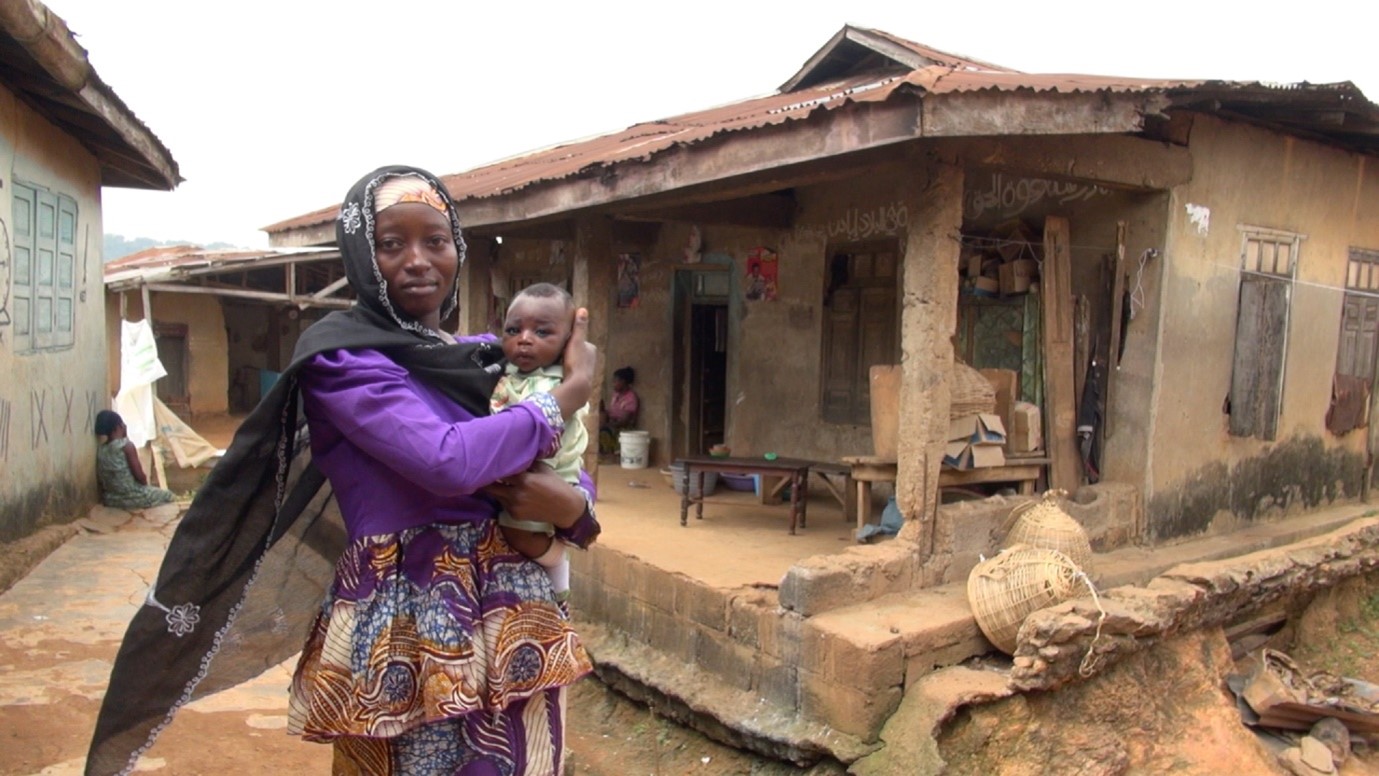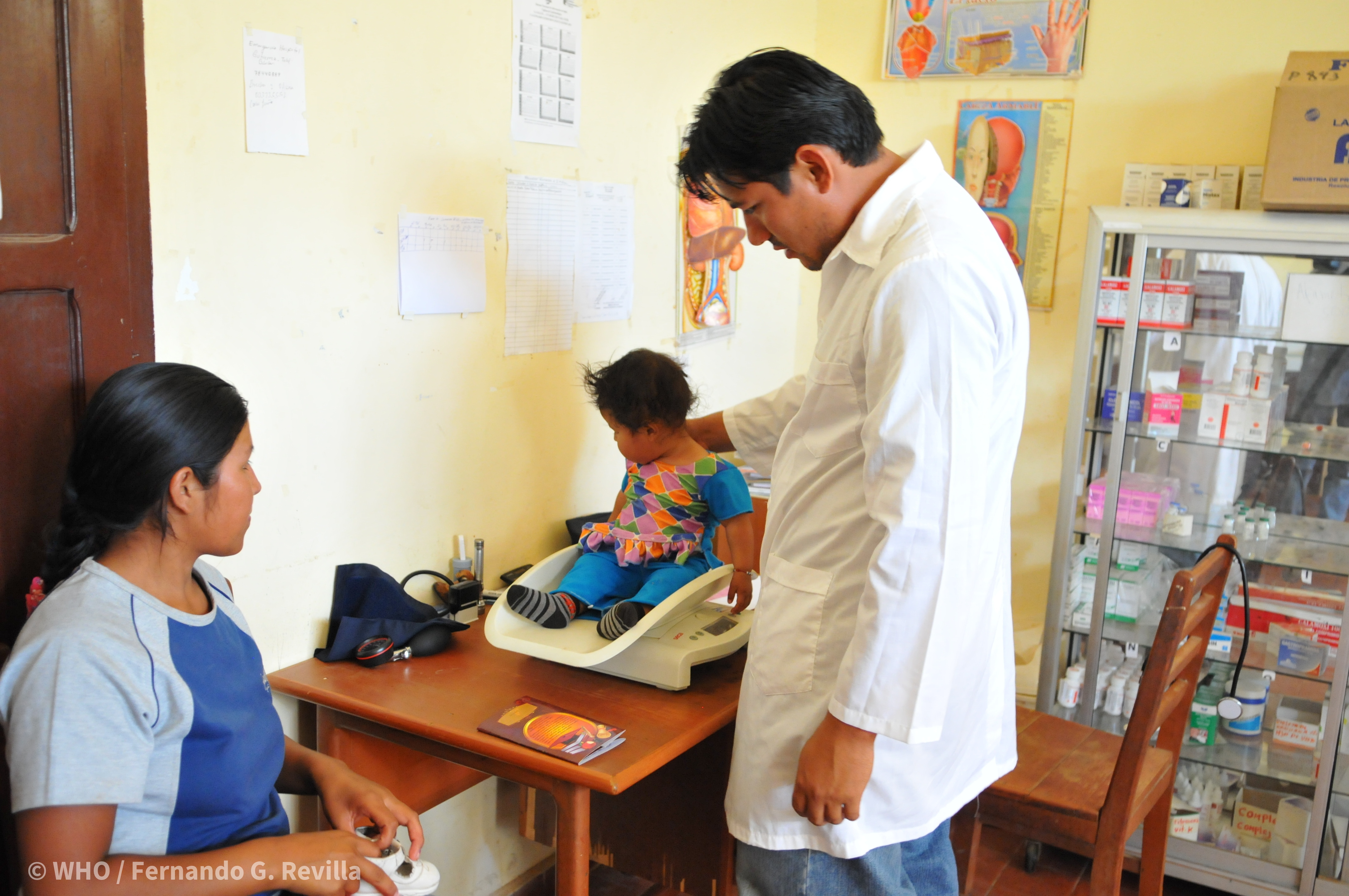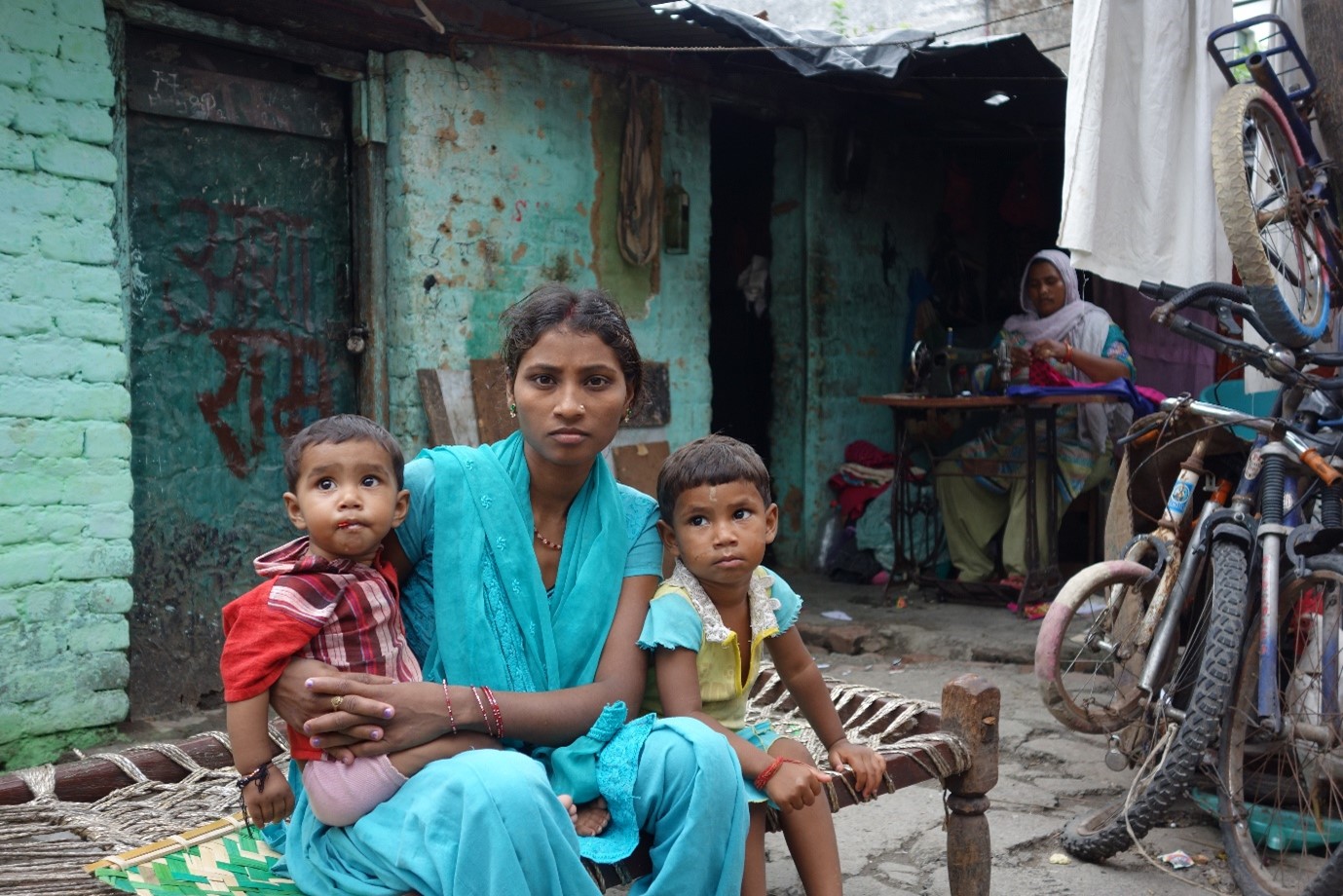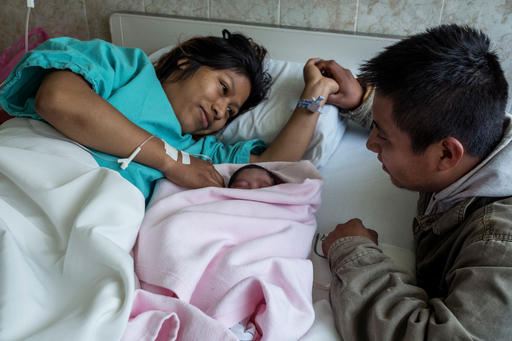The problem
Postpartum hemorrhage, or severe bleeding after childbirth, happens to 14 million women every year. Nearly all the women who die live in low- and middle-income countries, where access to life-saving prevention and treatment tools is limited.
Oxytocin, the most used medicine for preventing and treating bleeding during childbirth, requires cold chain storage to remain effective. Because this is difficult to maintain in many resource-limited settings, the quality of the medicine can suffer.
Our response
Heat-stable carbetocin (HSC) is an alternative to oxytocin with adequate high-quality supply and no cold chain requirements. The World Health Organization (WHO) has recommended it for postpartum hemorrhage prevention, but evidence to understand its potential benefits as a treatment is lacking.
The REACH trial seeks to generate and disseminate safety and efficacy evidence on the use of HSC for treating childbirth bleeding. A WHO recommendation for HSC as treatment would enable a high-quality, shelf-stable treatment option for PPH, as well as unlock the HSC prevention market to further expand access to this new drug.
Collectively with the other projects in our postpartum hemorrhage portfolio, the REACH trial aims to reduce maternal death, which disproportionately affects women in low- and middle-income countries, especially those who lack access to quality care due to poverty, geography or cultural barriers.
Heat-stable carbetocin
A heat-stable alternative to oxytocin, the most used medicine for preventing life-threatening bleeding in childbirth.
Our partners
This research is led by the UNDP/UNFPA/UNICEF/WHO/World Bank Special Programme of Research, Development and Research Training in Human Reproduction (HRP), the main instrument within the United Nations system for research in human reproduction.







